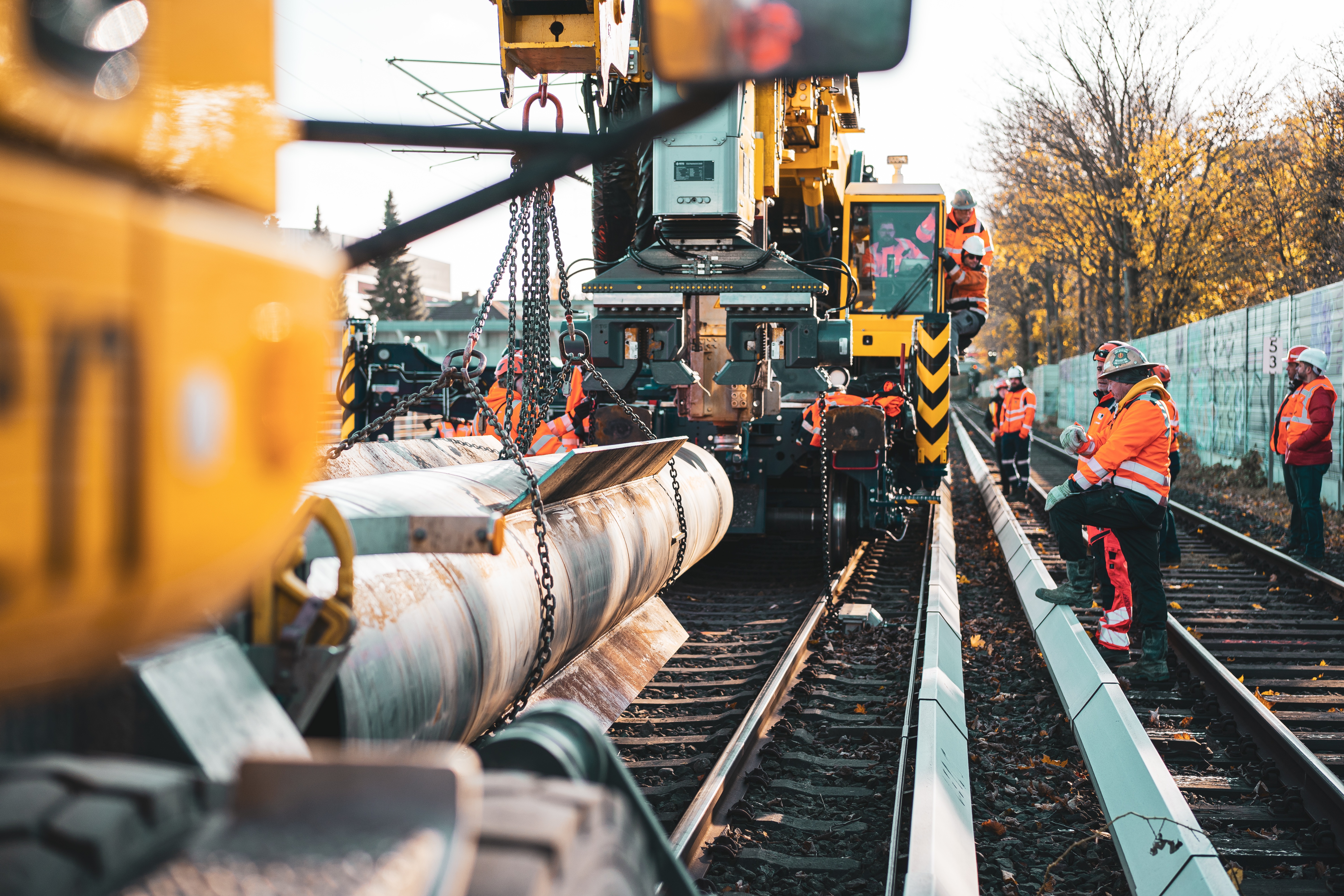A leading developer of A grade commercial, industrial and residential projects in Botswana. Since foundation we doubled turnover year on year, with its staff numbers swelling accordingly.
Overview
UpwardMode Construction Company is a leading construction firm specializing in residential, commercial, and industrial projects. With a proven track record of delivering high-quality construction solutions and general supplies, we pride ourselves on our commitment to excellence, innovation, and customer satisfaction.
High Quality Control System
We enhance our industry operations by relieving you of the worries associated with freight forwarding.
100% Satisfaction Guarantee
We are one of the Nations largest automotive parts recyclers and a widely recognized leader utilizing advanced
Highly Professional Staff
An integrated approach to providing engineering services allows our clients to benefit from the commercial logistical
Accurate Testing Processes
We’ll work with you on your portfolio, large or small. Together we’ll fine-tune your new construction, remodeling or renovation
How It Works?!
Construction management is a multifaceted discipline that involves overseeing every aspect of a construction project from inception to completion. It encompasses a wide range of tasks, including planning, organizing, budgeting, scheduling, coordinating, and controlling the construction process. Here's a detailed breakdown of the key components of construction management:
1. Pre-Construction Phase:
2. Construction Phase:
3. Post-Construction Phase:
4. Key Skills and Competencies:
Feasibility Studies: Assessing the viability of the project, considering factors such as site conditions, regulatory requirements, environmental impact, and financial feasibility.
Project Planning: Developing a comprehensive plan that outlines project objectives, scope, budget, schedule, and resources required for successful execution.
Permitting and Approvals: Obtaining necessary permits and approvals from regulatory authorities to comply with building codes, zoning regulations, environmental regulations, and other legal requirements.
Risk Management: Identifying potential risks and developing strategies to mitigate them, including safety hazards, financial risks, design conflicts, and unforeseen circumstances.
Procurement: Procuring materials, equipment, and services necessary for the project, including subcontractors, suppliers, and consultants.
Project Mobilization: Setting up the construction site, establishing temporary facilities, mobilizing equipment, and securing materials to commence construction activities.
Quality Control: Implementing quality control measures to ensure that work meets specified standards and requirements, including inspections, testing, and compliance with construction documents.
Schedule Management: Monitoring progress against the project schedule, identifying delays or deviations, and implementing corrective actions to keep the project on track.
Cost Control: Managing project costs, tracking expenditures, controlling expenses, and implementing cost-saving measures to stay within budget.
Safety Management: Ensuring a safe work environment for all personnel on the construction site, implementing safety protocols, providing training, and conducting regular inspections to prevent accidents and injuries.
Contract Administration: Administering contracts with subcontractors, suppliers, and other parties involved in the construction process, including payment processing, change orders, and dispute resolution.
Commissioning and Handover: Testing and commissioning mechanical, electrical, and other systems to ensure proper functioning and compliance with design requirements, followed by the handover of the completed project to the client.
Punch List Management: Identifying and addressing any remaining deficiencies or incomplete items, compiling a punch list, and ensuring that all work is completed to the satisfaction of the client.
Documentation and Closeout: Compiling comprehensive documentation, including as-built drawings, operation and maintenance manuals, warranties, and final reports, and closing out the project in accordance with contractual obligations.
Post-Construction Evaluation: Conducting a post-construction evaluation to review project performance, identify lessons learned, and gather feedback for continuous improvement.
Project Management: Strong project management skills, including planning, organizing, scheduling, budgeting, and resource allocation.
Communication: Effective communication skills to liaise with clients, stakeholders, team members, and subcontractors, and to provide clear instructions and updates throughout the project lifecycle.
Leadership: Leadership abilities to motivate and inspire team members, resolve conflicts, and make timely decisions to keep the project on track.
Technical Knowledge: A solid understanding of construction techniques, building codes, regulations, and industry best practices, as well as familiarity with construction management software and tools.
Problem-Solving: The ability to anticipate and address potential challenges and problems proactively, and to develop creative solutions to overcome obstacles.
Construction management requires a combination of technical expertise, organizational skills, leadership abilities, and effective communication to successfully deliver construction projects on time, within budget, and to the required quality standards.





